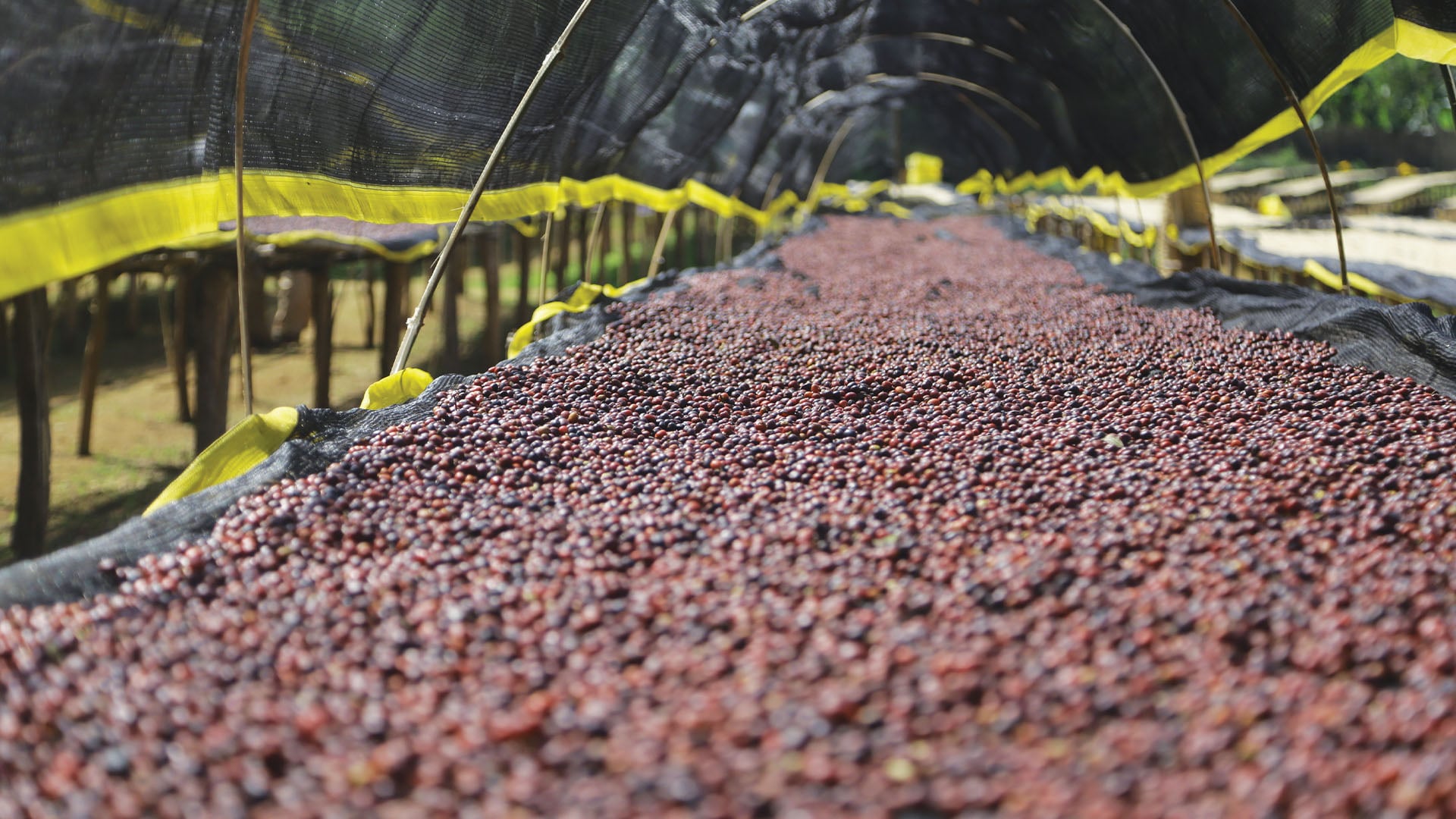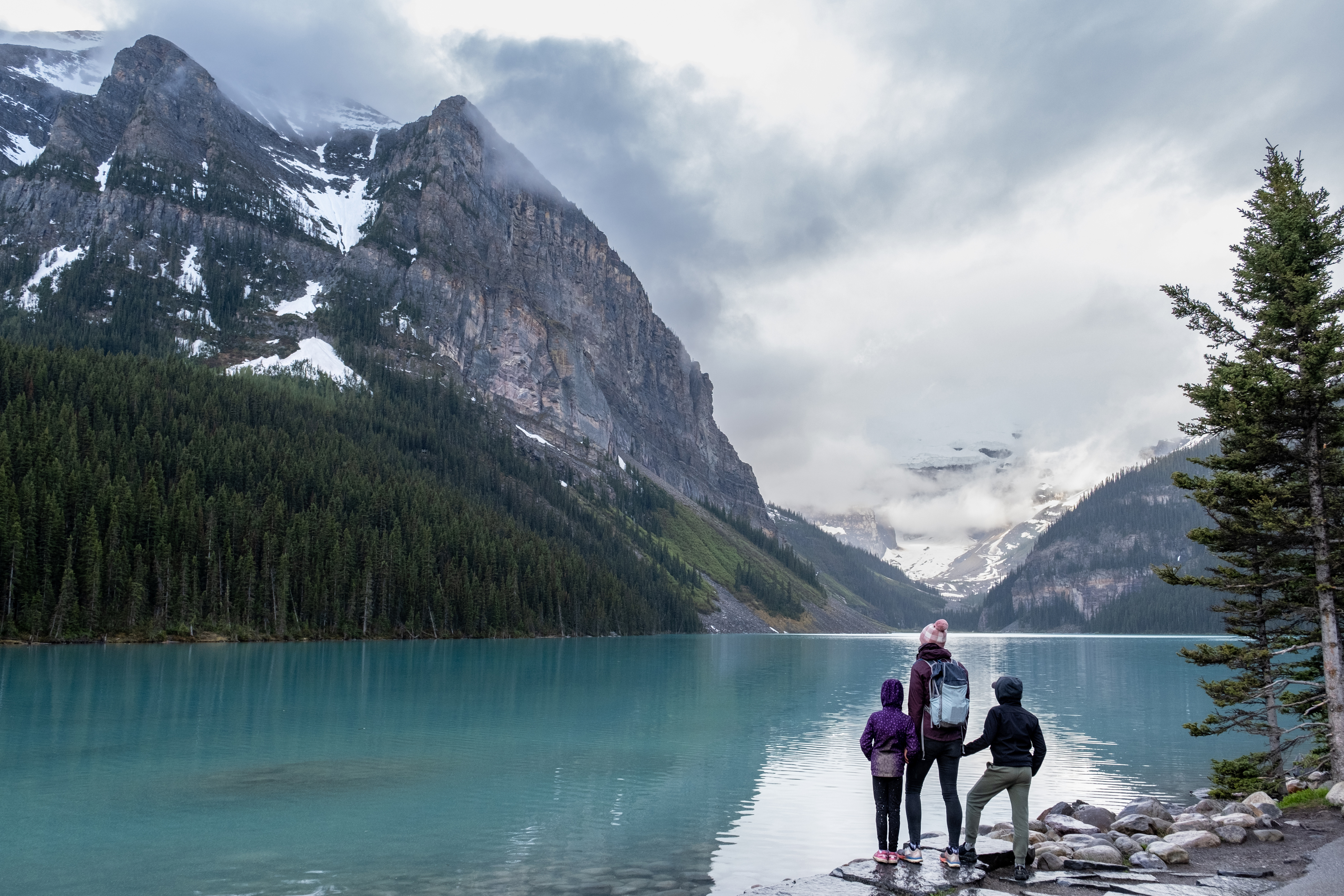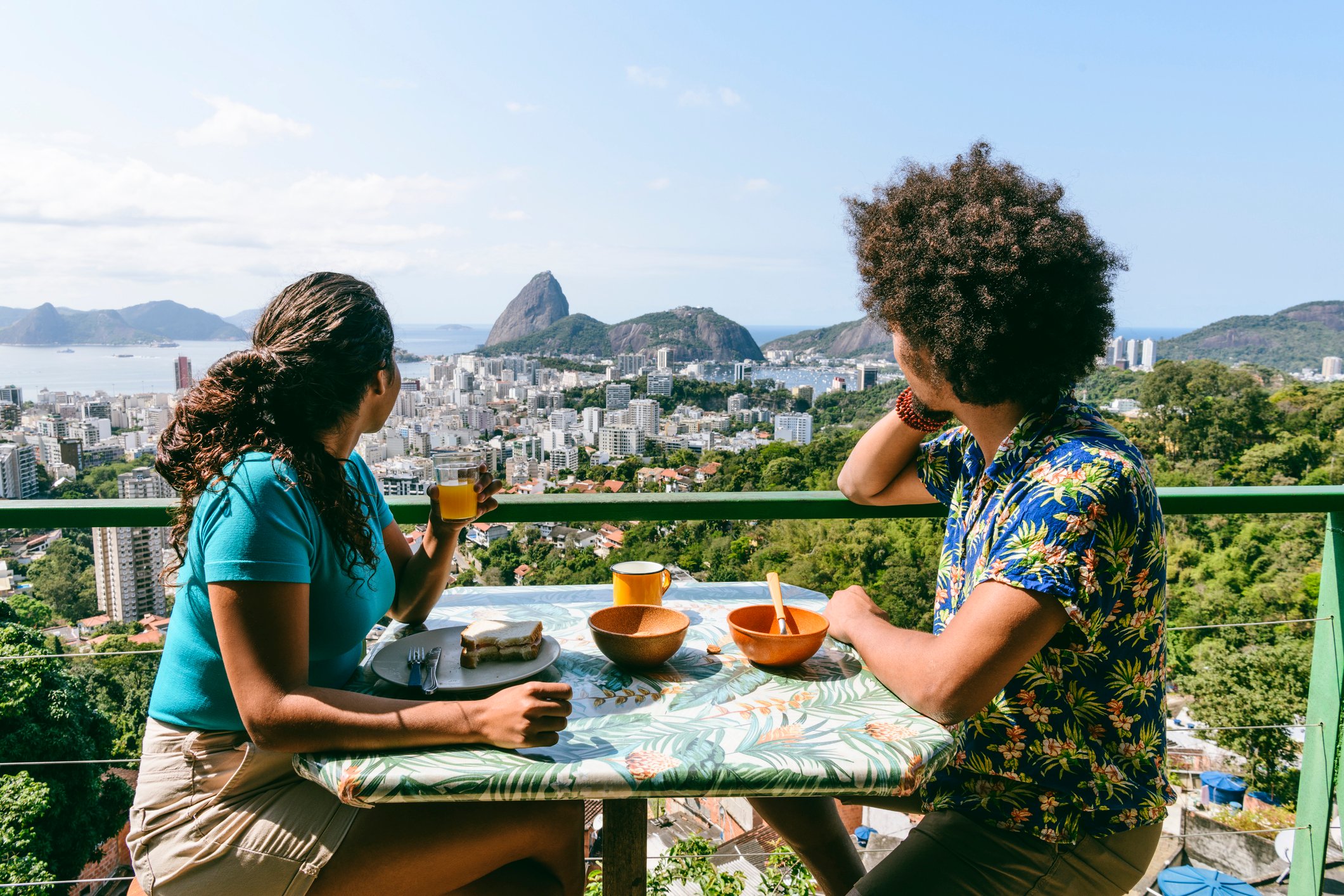Insider Travel Tips
Discover Tanzania's treasures and prepare for an unforgettable adventure.
How long can you vacation in Tanzania?
A 3-month tourist visa can be issued on arrival in Tanzania. Those needing more time or multiple entries will need to apply for an eVisa.
How much is a safari in Tanzania?
Prices vary depending on what kind of safari you're looking for. A good mid-range Tanzania safari that takes you to the Serengeti, Ngorongoro Crater and one or two other highlights will cost around US$550 to $600 per person, per day. This includes first-class accommodation, transfers (including by light aircraft if advised), game drives, guiding and most meals. Climbing Mount Kilimanjaro can be done for closer to US$300 per person per day, while a Zanzibar vacation will cost around US$200 per person per day. Luxury Tanzania safaris can cost a lot more. While it can be tempting to spend less, having quality guides who will keep you safe and know the habits of the local wildlife will make all the difference to your Tanzania safari.
What currency does Tanzania use?
Tanzania uses the Tanzanian Shilling, which trades at around 2,700 to 1 USD. Keep some shillings on hand for small transactions and tips, though credit cards are widely accepted for large payments and in tourist areas.
Do I need to tip in Tanzania?
Tipping is not an everyday part of Tanzanian culture, but it is common in the tourism industry. It’s entirely up to you, but if you wish to tip, between 5 and 10 percent is usually enough. While on a safari game drive, it's customary to tip your ranger and guides.
Where to stay in Tanzania for safari?
Tanzania is a big country offering a lot of variety, so it makes sense to add several stops to a Tanzania itinerary. Serengeti National Park is the nation’s biggest star, sharing the Great Migration with Kenya’s Maasai Mara and being home to one of the world’s largest big cat populations (no prizes for guessing the correlation there). Ngorongoro Crater is another highlight, a safari-goer’s Garden of Eden where abundant wildlife thrives within a sheltered ecosystem. Even rare black rhinos are a common sighting here. Other national parks of note include Nyerere (formerly Selous), Ruaha, Lake Manyara and Tarangire. For a different sort of safari, consider Gombe National Park on Tanzania’s western border. Though challenging to reach, it’s one of the best places in the world to see wild chimpanzees.
What to pack for safari in Tanzania?
Breathable fabrics in light, natural, earthy colours are best for a safari. They’ll also attract fewer insects (avoid wearing black). Comfortable, light pants that cover your legs are ideal, as well as reliable walking shoes. Eco-friendly sunscreen and bug repellent is also a good idea. Pack light, check weight limits, and keep your suitcase small while on safari. The light aircraft used to transfer between parks will often not carry large luggage. Camera phones have advanced considerably in recent years, but if you’re serious about photography, you’ll probably still want a digital camera with a good zoom lens. Whichever option you take, know your camera inside and out before arriving in Tanzania. You don’t want the wrong setting to ruin a great shot. Don’t forget your charger either.
What to do in Tanzania besides safari?
While Tanzania safaris get most of the attention, Mount Kilimanjaro is the highest peak in Africa and the highest free-standing mountain in the world. It’s also one of the world’s most popular peaks to summit, requiring no specialized mountaineering equipment or skill—just fitness, preparedness, endurance and determination. Most routes take about a week to summit, giving climbers time to adjust to the altitude and changing conditions as they go. Down at sea level, the historic and beautiful island of Zanzibar invites you to relax after your Tanzania trip. It also makes a memorable island vacation by itself, with its own distinct history, cultural mix, and cuisine.
How LGBTQ+ friendly is Tanzania?
Despite a pre-colonial history of acceptance among the Swahili, Masai, Kuria and other cultures, Tanzania is now extremely conservative when it comes to LGBTQ+ identities. LGBTQ+ Tanzanians have almost no legal protections, local media is heavily censored and homosexual acts between both men and women are punishable with prison sentences ranging from 20 years up to life. Hospitality and tourism workers serve a diverse range of travellers and will most likely turn a blind eye, but LGBTQ+ travellers are generally advised to be discreet while in Tanzania.
Can I drink the tap water in Tanzania?
It’s best to stick with bottled water for drinking and brushing your teeth while in Tanzania.
Travel Stories
Get inspired about Your Trip to Tanzania
Unlock more by subscribing to our newsletter
With our newsletter, you’ll get access to regular communications that inspire you and help you explore the world your way



